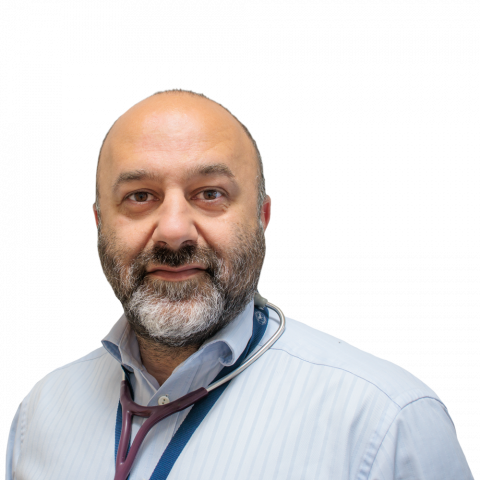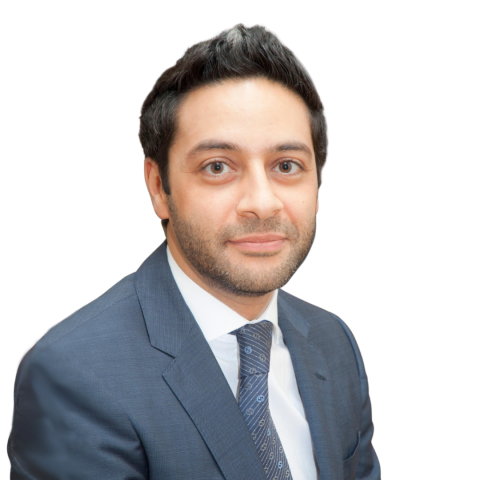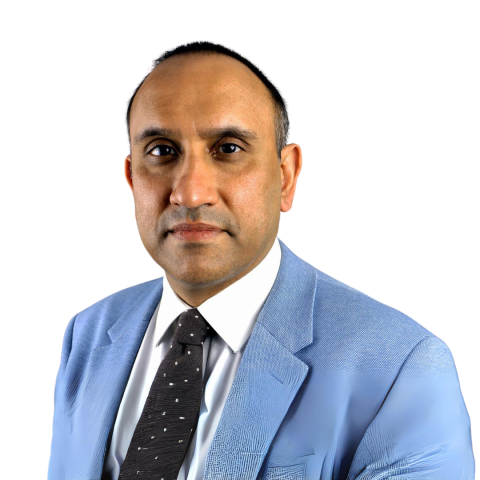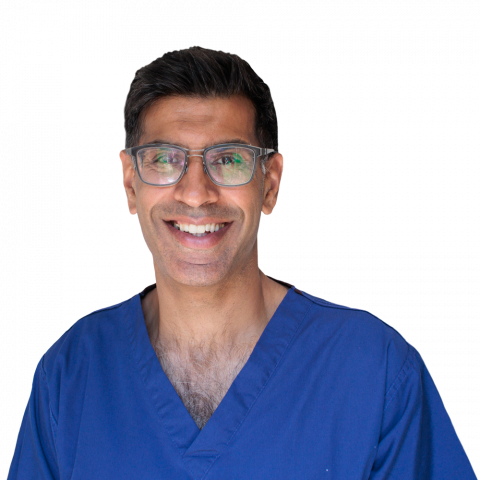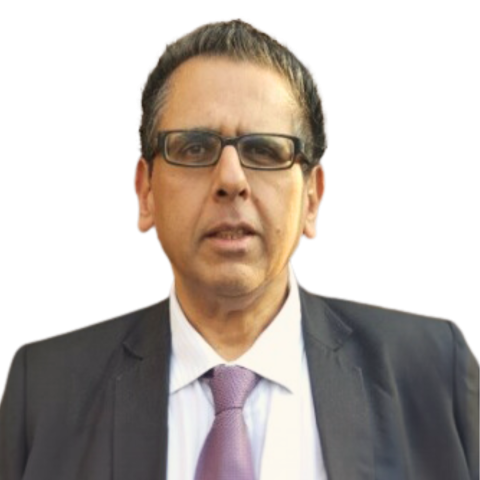What are the symptoms?
Often, high blood pressure produces no symptoms at all unless it is very high. However, people with high blood pressure have more strokes and heart attacks than people with normal blood pressures, and it may damage kidneys. It is uncertain how often high blood pressure damages normal kidneys but it is quite rare compared to the heart disease and strokes that it does cause. Kidney damage caused by blood pressure seems to be more common in some races, particularly in black people.
What is the cause of high blood pressure?
In most people, the cause of high blood pressure is not known. This is called essential hypertension and is the most common kind. The next most common cause is kidney disease. There are a number of rare causes of hypertension. High blood pressure with one of these less common causes is more likely in young people, and in people with particularly severe blood pressure trouble.
Do I have to take medication if I have high blood pressure?
Some simple measure can improve high blood pressure without needing to take medication. If your blood pressure is moderately raised they might be enough on their own. It may also mean that you do not need as many tablets.
Reducing the amount of salt that you eat is important as most of us eat far too much. There are high levels in processed foods and fast foods. Losing weight if you are overweight will improve your blood pressure as will exercise. Smoking raises blood pressure and the combination of smoking and high blood pressure markedly increases the risk of getting a heart attack and stroke.
Are there different levels or stages of high blood pressure?
High blood pressure is split into two stages
Stage 1 hypertension: clinic blood pressure is 140/90 mmHg or higher (150/90 mmHg if over 80 years old) and subsequent ambulatory blood pressure monitoring (ABPM) daytime average or home blood pressure monitoring (HBPM) average blood pressure is 135/85 mmHg or higher (145/85 mmHg if over 80 years old).
Stage 2 hypertension: clinic blood pressure is 160/100 mmHg or higher and subsequent ABPM daytime average or HBPM average blood pressure is 150/95 mmHg or higher.
When do people need to take tablets?
It is recommended that people who have stage 1 hypertension should have antihypertensive drug if there is target organ damage (such as the kidneys or eyes), established cardiovascular disease, renal disease, diabetes or a 10-year cardiovascular risk equivalent to 20% or greater. Anyone with stage 2 hypertension should have antihypertensive drug treatment.
When do patients need to see specialist?
It is recommended that if someone’s blood pressure remains uncontrolled with the optimal or maximum tolerated doses of four drugs, expert advice should be sought if it has not yet been obtained. Our New Victoria Hospital Specialists often help when patients do not tolerate their medications and further advice is needed on what to use.
Kidney specialists and high blood pressure
Kidney specialists at New Victoria Hospital are experts in the investigation and management of high blood pressure. This is because high blood pressure is both the cause of, and is caused by kidney disease. As most kidney patients have high blood pressure, managing it is a routine part of care for kidney specialists. This means that they are often asked to help patients who do not necessarily have kidney disease but have difficulty managing high blood pressure.




